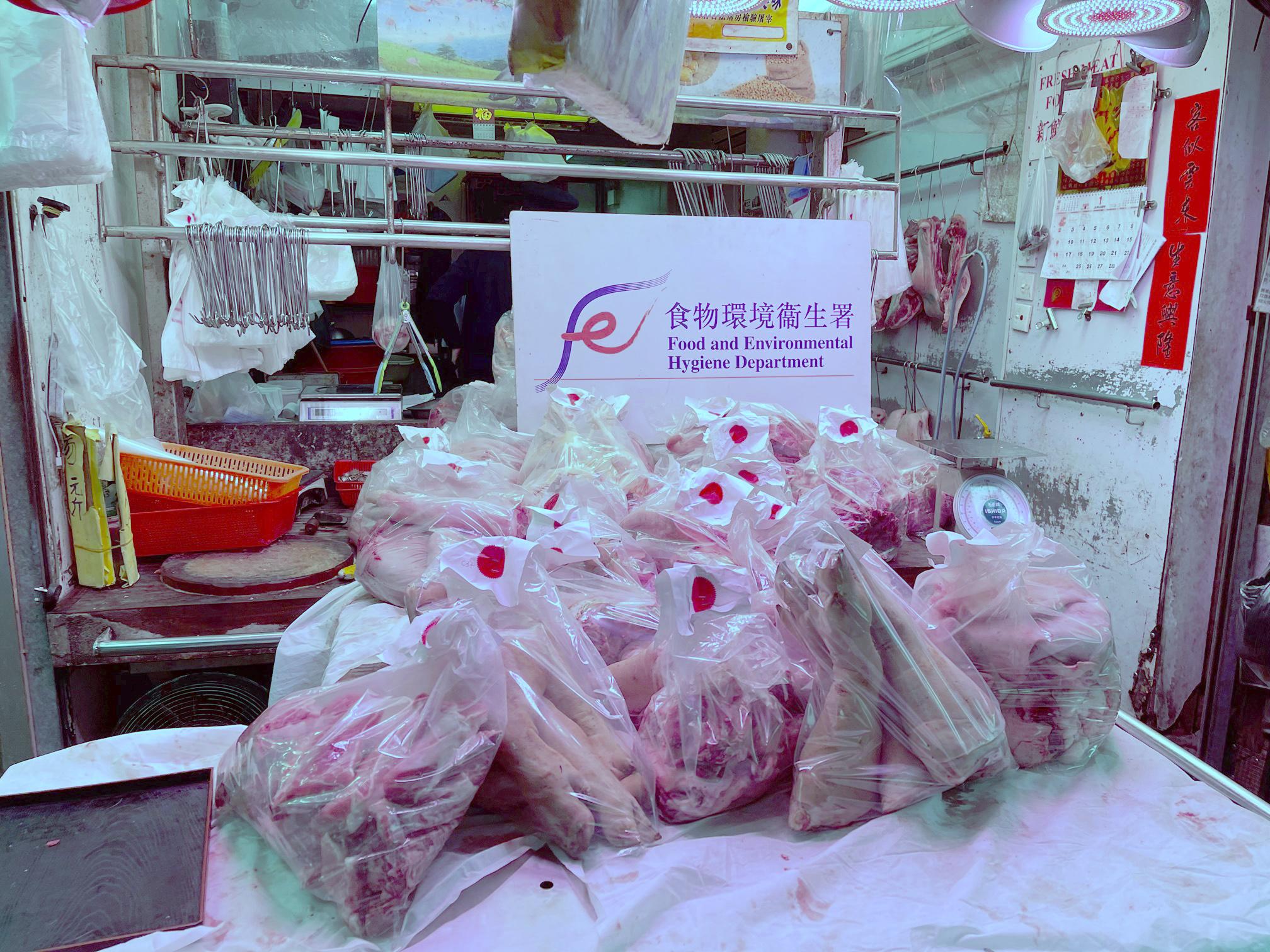Monetary Authority Announces Countercyclical Capital Buffer Ratio for Hong Kong
The following is issued on behalf of the Hong Kong Monetary Authority:
The Monetary Authority announced today (January 28) that the countercyclical capital buffer (CCyB) ratio for Hong Kong remains unchanged at 1.0 per cent.
“While the latest economic indicators point to a continued recovery in Hong Kong in the fourth quarter of 2021, uncertainties about the global and domestic pandemic situations have also increased,” the Monetary Authority, Mr Eddie Yue, said. “It is therefore appropriate to keep the CCyB ratio unchanged for the time being and continue to monitor the situation closely.”
Further details of the decision may be found in the Announcement of the CCyB to Authorized Institutions on the Hong Kong Monetary Authority website.
Background
In setting the CCyB ratio the Monetary Authority considered a series of quantitative indicators and qualitative information including an “indicative buffer guide” (which is a metric providing a guide for CCyB ratio based on the gap between the ratio of credit to GDP and its long term trend, and between the ratio of residential property prices to rentals and its long term trend). The latest indicative buffer guide, calculated based on 2021 Q3 data, signals a CCyB of 1.5 per cent. The projection based on all available data suggests that the indicative buffer guide would likely signal a CCyB lower than 1.5 per cent when all relevant 2021 Q4 data become available.
Whilst the indicative buffer guide, as its name suggests, provides only a “guide” for CCyB decisions, the determination of the jurisdictional CCyB ratio for Hong Kong is not a mechanical exercise and, in addition to the indicative buffer guide, the Monetary Authority also reviewed a range of other reference indicators. The latest economic indicators point to a continued recovery in Hong Kong in 2021 Q4, but uncertainties about the global and domestic pandemic situations have also increased. It is therefore appropriate to keep the CCyB ratio unchanged at 1.0 per cent for the time being and continue to monitor the situation closely.
The CCyB is an integral part of the Basel III regulatory capital framework and is being implemented in parallel by Basel Committee member jurisdictions worldwide. The CCyB has been designed by the Basel Committee to increase the resilience of the banking sector in periods of excess credit growth. The banking sector can then act as a “shock absorber” in times of stress, rather than as an amplifier of risk to the broader economy.
The power to implement the CCyB in Hong Kong is provided by the Banking (Capital) Rules, which enable the Monetary Authority to announce a CCyB ratio for Hong Kong. The specific CCyB requirement applicable to a given Authorized Institution (AI) is expressed as a percentage of its CET1 capital to its total risk-weighted assets. Each AI’s CCyB requirement may vary depending on the geographic mix of its private sector credit exposures and the CCyB applicable in each jurisdiction where it has such exposures. read more


